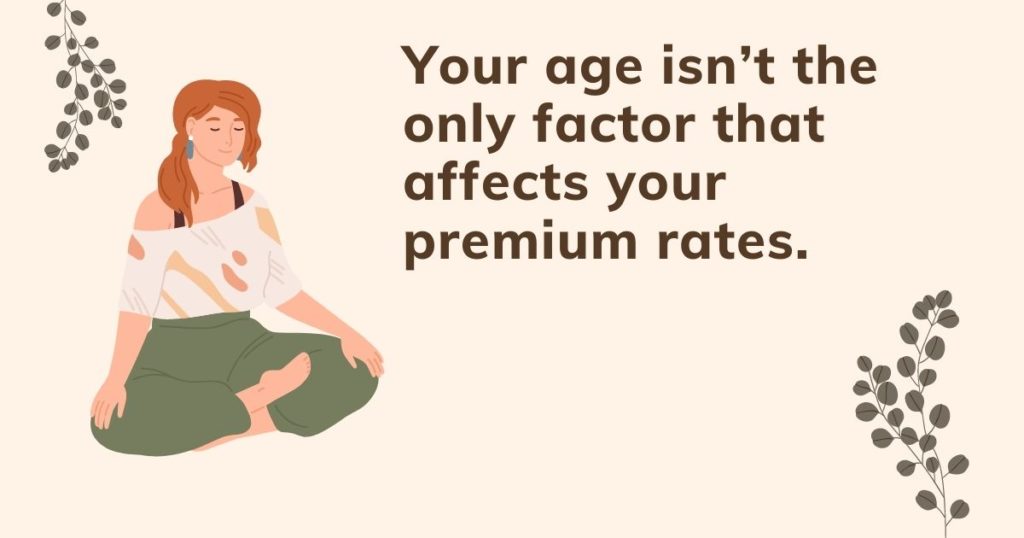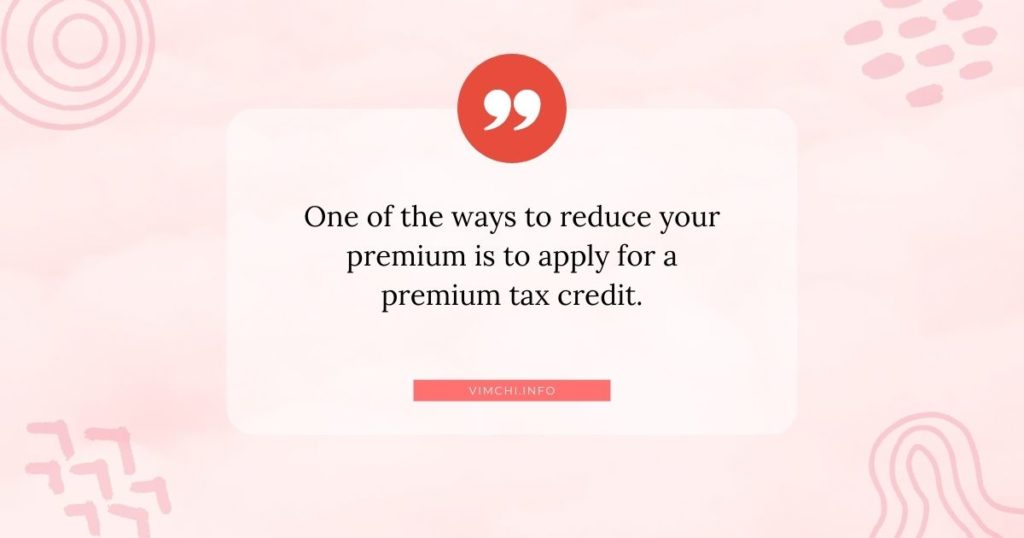
The health insurance yearly premium is one of the fees you need to pay to ensure your coverage is active. The premium can be paid every month, quarterly, or every year. One of the questions of so many when it comes to premium is if it increases as they age?
Keep reading to find out more.
What are the Factors that Determine Health Insurance Yearly Premium?
Yes, your premium increases as you age. But your age isn’t the only factor that affects your premium rates. Here are some of them:
Tobacco Use
If you smoke cigarettes or vape, you’re likely to pay a high premium rate. Even if you have quit smoking, you will still pay a higher premium.
The reason for this is that health insurers will consider you a high risk of cancer and other illnesses because of tobacco use.
See Also: Where is Health Insurance Free?
Size of the Plan
Whether you are buying for yourself or your children, you will pay a higher premium if you add more people to your plan.
The more people in the policy, the higher your premium will be.
Category
Each metal level has its own percentage of healthcare cost. The higher the level, the higher the premium because it includes a lot of items covered.
Location
If you live in a place where health risks are higher, then expect to have higher premiums than those living in a low health risk area.
When a health insurer reviews your policy or application, it will consider where you live before deciding on your premium.
See Also: How Much Does Health Insurance Cost in Germany?
Is Yearly Premium the Same as Out-of-Pocket Expenses?
The health insurance premium is just one of the expenses you need to pay to ensure that your health insurance policy is active.
It’s one of the out-of-pocket costs you need to shoulder. However, you need to pay for other certain expenses, such as the following:
Copayment
It’s a fixed amount that you need to pay on top of your premium. This is typically paid when you visit your doctor or a specialist. You will also be charged a copayment when you buy prescription drugs.
You need to settle this amount before your health insurer will cover the remaining healthcare cost. The amount will vary depending on the service you receive.
Deductible
It’s the amount you need to pay for your covered health care services before your health insurer will start paying for your medical care.
Thus, if you have a deductible of $500 and your covered procedure is $3,000, you need to meet the deductible first before your health insurer will cover the $3,000.
If you haven’t met the deductible yet, you need to pay the entire $3,000.
Coinsurance
This is another out-of-pocket expense that you need to pay for the percentage of the health insurance cost when you meet your deductible. If your plan has an 80/20 coinsurance plan, you need to pay 20% of the medical cost.
Is There a Way to Lower Your Yearly Premium?

There are various ways you can lower your monthly or yearly premium. However, it depends on your income.
One of the ways to reduce your premium is to apply for a premium tax credit. But this is not available to every American citizen.
The reason for this is that this subsidy is only available if your yearly household income is between 100% and $400 of the federal poverty line.
You’re also qualified for a premium tax credit if you’re not eligible for Medicaid or can’t access affordable coverage.
Another way to reduce the yearly premium is to avail of cost-sharing ruction. It covers out-of-pocket costs when you receive medical care.
With this method, your health insurer will cover more of the copay or coinsurance when you visit a doctor or a specialist.
But there are requirements you need to meet. For instance, to be eligible for this type of subsidy, your yearly household income should be between 100% and 250% of the federal poverty line.
See Also: Health Insurance with Investment
Premium Costs are Changing in Recent Years
Healthcare costs keep on rising for individuals and families. Because of that, the premiums are also increasing.
Many individuals want to know how they can save on healthcare and health insurance costs. When it comes to that, you need to do your research diligently. You must compare one plan to another to help you find coverage that you can afford.
You’re lucky if your employer offers health insurance. If not, you need to shop for an affordable policy at the health insurance exchange.
Then, make sure to check if you are qualified for government subsidies. They can help offset the overall cost of health insurance.
You may also obtain a health savings account to help you pay for out-of-pocket expenses.
If you’re searching for the right plan and you take a lot of medicines, the plan you’re planning to obtain must include the prescription drugs you are taking. In that way, the policy will help you pay for the extra expenses.
You should also consider the provider network. If you stay within the network, you will pay much lower rates when you visit your doctor or specialist. As long as you stay within the network, your plan can help you save money.
See Also: Where to Get Health Insurance without a Job?
Summary
Does health insurance yearly premium increase as the person ages? Yes, it does. But other factors affect the premium of the plan. And there are various ways to lower your monthly premium.
Speak Now ... Or Forever Hold Your Peace